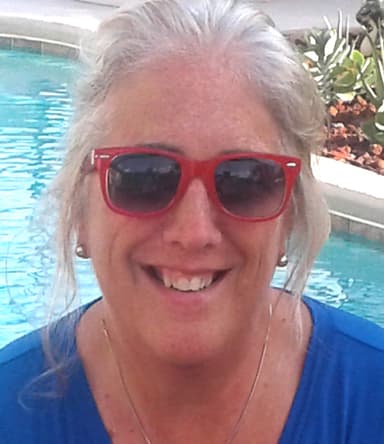
The life of a real estate professional is a busy one. Our days are filled with meeting clients, getting them under contract, navigating an inspection, closing, and of course feeding the database so we can start the process over and over again. That’s why it’s hard to look forward and plan for an exit, especially if you want to retire early and continue to collect revenue during retirement.
But I’m living proof that it’s possible to do just that. In December 2015, I retired from my Indianapolis-based business and moved to Florida to enjoy retirement at age 55. In 2016, my database generated $10 million in gross closed sales. And though I did little more than get weekly updates about my clients and forward referrals to the agent who bought my business, I was able to profit from that continued real estate activity.
I know I have colleagues across the country with real estate businesses that they can sell. That’s why I wanted to transform several of the strategies I used to plan for retirement to offer a few pieces of advice.
- Don’t neglect your database. I had 300 people in my “close” database, which is the list of people (and their emails, home addresses, and birthdays) whom I know personally. Before I retired, I contacted these 300 people regularly and systematically. A database documenting real relationships is far more valuable than a list of invisible internet leads. But if you want to sell your book of business, you must spend time cultivating a database now by communicating with your close contacts at least 20 times a year. I sent them monthly email newsletters that I wrote myself, invited them to client appreciation events several times a year, mailed them calendars and trinkets, and always sent them a birthday card.
- Find the right agent to take over. Narrowing your options will likely take several months, though if you have a teammate, that time span might shorten. I chose an agent who is very well established in the Indianapolis market and has traits and values that are similar to mine. Though we weren’t working at the same brokerage when we started this journey, she was willing to move over to Keller Williams Indy Metro NE, where I’d been for the past nine years. Comarketing is much easier with only one franchise logo to deal with, and being in the same office makes it simpler to meet with clients in person.
- Create a marketing plan for the transition. It was crucial to the success of this process to introduce the people on my database to the agent taking over, which is why we comarketed for nearly a year to make the transition seamless. We commissioned a head shot that featured both of us together, and used that along with both of our names on email signatures, signage, monthly e-newsletters, and business cards. A physical presence was also important; we attended listing appointments together and co-showed homes for several months to ease the transition. If your database is based on a relationship with you, you must be there to get clients familiar with your replacement. They trust you and they will not automatically trust the new agent without a serious time commitment from you.
- Put it in writing. Hire an attorney to draw up a contractual agreement that stipulates commission splits and a timeline. In our case, we decided on a 50 percent split for the first year, slowly scaling back over a 10-year period. You also need to consider how deep the referral goes. For example: Deals that result directly from your database produce a commission split for you, but what if someone in your database refers a new client to the agent who purchased your book of business? These are details that should be worked out well ahead of time.
- Learn to let go. It is very hard to be fully engaged in real estate, helping hundreds of people with one of the biggest purchases of their lives, and then just stop. For anyone who’s successful, simply paring back will probably never happen. We are a competitive breed, which makes it tough to slow down. That’s why I knew it would be best to make a clean break and move away from my market area. I also volunteer at a local hospital, am actively involved with my church, and spend a lot more time with my family now. Know yourself and how retirement will affect you. Think about what you will do next.
Do I miss being in the thick of it? Sure, on some days. But I certainly don’t lie awake at night worrying about an inspection or feel the stress of navigating the transaction to close. I relish the fact that I no longer need to have my phone on me at all times. There is life after real estate, and you can continue to receive the fruits of all of those years well into retirement, if you have a plan.









